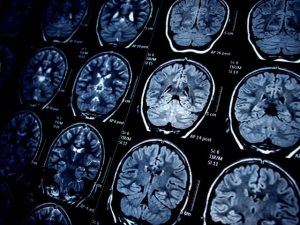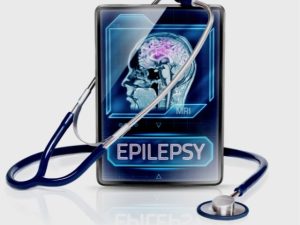Serious Side Effects of Using Depakote for Seizures
Some that have taken Depakote for seizures for years have experienced bone loss and a few other disorders. It is important for individuals to take both calcium and vitamin D in order to alleviate and slow down the progression of any bone loss that may be experienced. Some doctors recommend a bone density test to identify the individuals that may need treatment for bone loss.
A few people have serious reactions to Depakote and any of following listed should be reported immediately to one’s medical provider:
- Weakness and sluggishness
- Swelling of the face
- Loss of appetite
- Yellowing of the eyes and skin
- Abdominal pain
- Vomiting
- Loss of appetite
- Nosebleed
- Easy bruising
- Liver failure
- Increased risk of suicidal thoughts or actions
It is of utmost importance that one’s medical provider be contacted first before stopping any seizure medication due to the increased risk of worsening seizure activity and mood changes. If an individual is prone to liver disease or has a history of liver disease, he/she should not take Depakote.
Also, if an individual has shown a true allergy to Depakote in the past, he/she should be prescribed a different medication instead. It is important to NEVER stop any seizure medication all at once as the problems created by doing this can be detrimental and life-threatening.
Typically, a medical provider will prescribe a low dose of Depakote to begin with and will increase the dosage gradually once the seizure activity is controlled, unless of course, the side effects become too intense during this process. Most individuals typically take Depakote two to four times daily.










